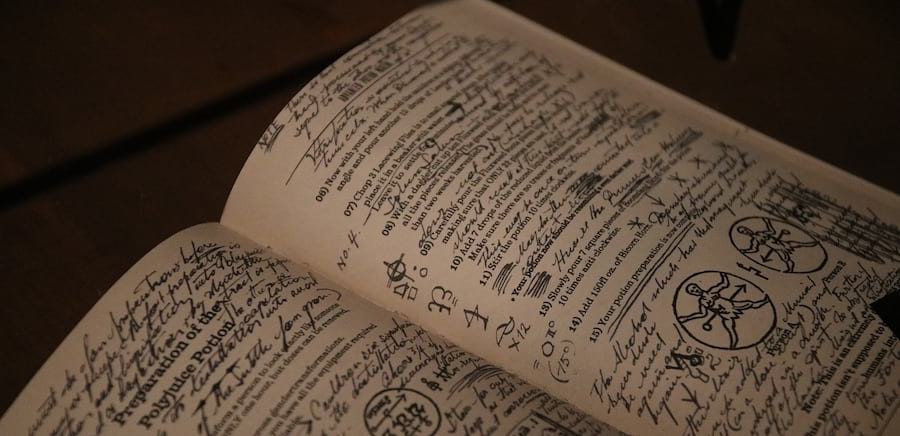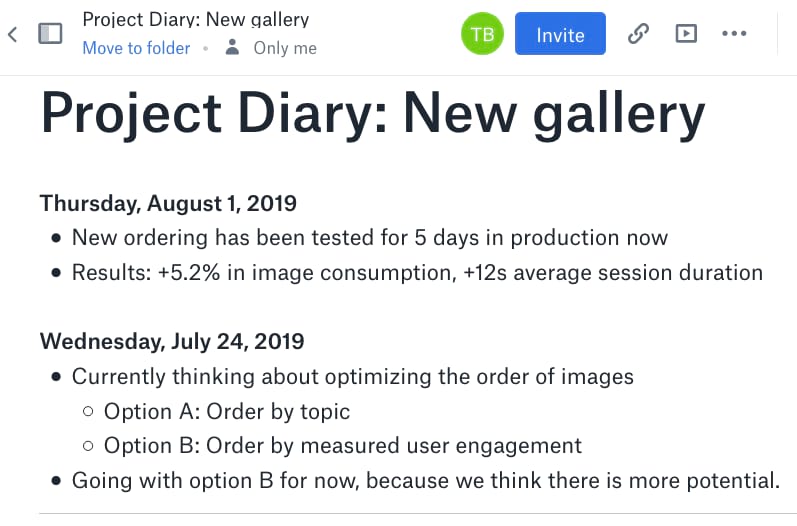
Think of a well-known song. Say, “Happy birthday”, or “Row, row, row your boat”. You tap the rhythm of the song on a table, while somebody else is listening. Do you think the listener can guess which song you’re tapping?
In a well-known experiment, about 50% of tappers predicted that the listeners would be able to guess the song. However, in reality, the listeners succeeded in only 2.5% of times. Yes, two-point-five.
This experiment illustrates the curse of knowledge. One person thinks it’s obvious, and they become frustrated that the other person doesn’t get it, while the other person doesn’t have a real chance to learn anything.
An opportunity slips away
Even if you have never tried to make somebody guess the song you’re tapping, it’s pretty safe to say that you have been a victim of the curse of knowledge at some point. I know I have.
In everyday life, it goes something like this:
You are faced with some complex topic to learn. Maybe some complex Math, or a new programming paradigm, or a natural language with some tough grammar.
At first, it’s difficult.
You have certain questions that arise in a particular order.
You fall into certain traps, or forget certain steps.
You are confused by certain things.
And then, suddenly, you get it. Things fall into place, and you start moving freely through the new subject matter. And for a short while, you would be the best teacher a new student of the same topic could wish for. Because you still remember the questions that you had at the beginning, and the things that tripped you up, and the confusion.
But then, without you noticing, things change.
The knowledge that you have gathered becomes natural to you. You forget what it was like not knowing this. You go from “consciously competent” to “unconsciously competent”, so you have a harder time explaining the thing to somebody else. It just seems so self-evident by now, so you have to dig deeper and think harder to find the right words.
If that sounds too abstract: Have you ever tried explaining the grammar of your mother tongue to a foreigner?
This is the curse of knowledge at work: The longer you have the knowledge, the less you are aware of it, and the more difficult it becomes to pass it on.
I first learned about this in the brilliant Made to Stick by Chip and Dan Heath. Ever since I am aware of it, I see its effects all the time.
These effects can be pretty bad, because the curse of knowledge can prevent the spreading of knowledge in your organization.
As you all know…

For example, pay attention to how often you hear one of the following phrases during presentations (especially internal ones):
- “As we all know, …“
- “You probably know that…“
- “I’m sure you’re all aware that…“
- “I probably don’t need to explain that…“
A lot of times, I want to shout out: “No, dear speaker, we don’t all know that. You know that because you are immersed in this topic every day. But we are not.”
The problem with these phrases is that they keep people from asking questions. Imagine that, listening to this presentation, you were just about to raise your hand and ask why technology A was chosen over technology B — when the presenter says: “I’m sure you know why we chose technology A over technology B here, right? Now that we went with technology A, we…”
Are you still going to ask this question?
If you are like most people, you won’t. You’ll ask it in a smaller circle some time later, or try to find out from the project’s documentation.
And if this question has been subtly labelled as “stupid” by the presenter, maybe it’s safer not to ask any questions during this presentation at all, right? After all, the audience seems so damn smart that most questions must appear stupid.
This is how you create psychologically unsafe environments.
Double team
In engineering circles especially, the curse of knowledge can form a powerful bond with the impostor syndrome. The mindset of a person with impostor syndrome is: “Oh my God, everybody around me is so much smarter than me, and I’m not nearly qualified to do my job. Any moment now, somebody will find out I’m a total fraud.”
This thinking is the fearful add-on to the ignorance which is the curse of knowledge. Having successfully learned something new, you think.
“Whew, thank God I finally figured this out. I bet everyone around me knew this already. I’ll better act like I have known that for a long time, as has everyone else.”
So, instead of teaching others what you have learned, you assume everyone already has that knowledge — which, in a lot of cases, they don’t. Again, you miss the window of opportunity during which this knowledge is still fresh and you remember what it was like not knowing.
The valuable I-only-just-learned-this perspective fades away.
Before you know it, you use phrases like “As we all know…“ in your presentations.
Breaking the curse

When I encourage colleagues to give a talk or to present their work to peers, the reason given for not doing it is usually one of:
- This is not worth presenting
- I’m not expert enough to be talking to others about this
Often, the first one — an engineer thinks the work they have completed is not worth presenting — is a manifestation of the curse of knowledge.
To an outsider, seeing the results of the engineer’s work creates amazement and triggers questions in their heads: How was this particular thing done? Where does all the data come from? How is it kept up to date?
To the engineer who has been working on this for weeks, it has become kind of obvious by now. Yes, they were wondering about the right way to do things here and there. But, once they thought about it for a bit, the path was pretty clear.
A few days later, they were so far down that path that they almost forgot there ever were alternatives.
Therefore, they do not consider it worth presenting any more.
If you want to remain aware how complex something you built actually is, a project diary can help. A Google doc or something similar is just fine.
Whenever you make a difficult decision, or whenever you face multiple options, describe the situation in your project diary. If you do this consistently, you will have a nice record of your journey towards the final solution.

You beat the curse of knowledge, because your notes help you remember what it was like at the beginning of the project, when you were all scared and clueless. Also, you will be able to judge much better if this project is really not worth presenting, or if there is something to it, after all.
An asset to consider
Finally, let’s consider people’s frequent reaction when asked to speak at an event: “Nah, I don’t think I’m proficient enough yet. I better improve my skills and knowledge a bit more before I put myself in front of an audience.”
What most people are not aware of is that the I-only-just-learned-this perspective is an asset, not a liability. It gives you a unique advantage over more experienced experts, because they cannot remember any more what it was like not knowing.
It will make your explanations clearer and more accessible, and the audience will thank you for it.
So, next time you have just finished learning about something, use this window of opportunity and turn it into something valuable!
 I'm Tom Bartel, Germany-based software developer, engineering manager, speaker, and human communication geek. More
I'm Tom Bartel, Germany-based software developer, engineering manager, speaker, and human communication geek. More